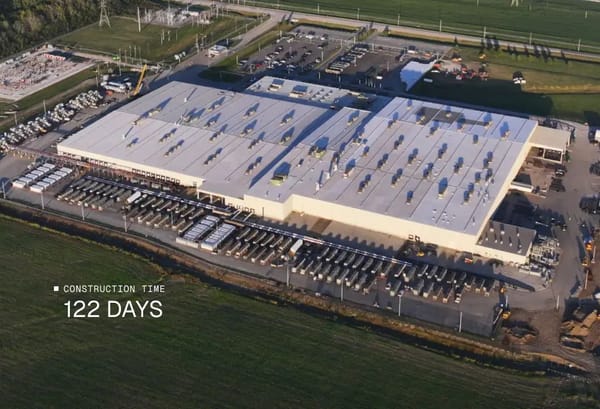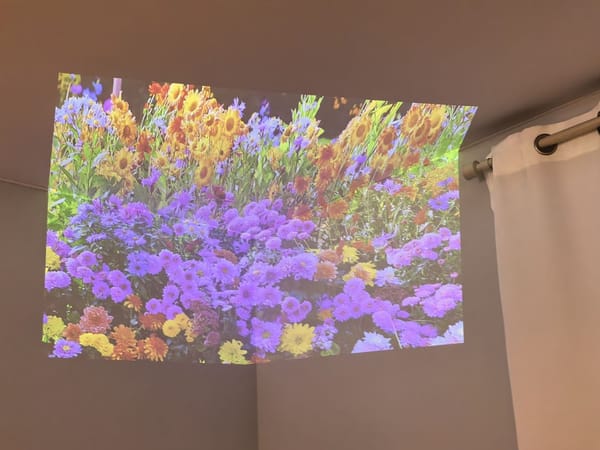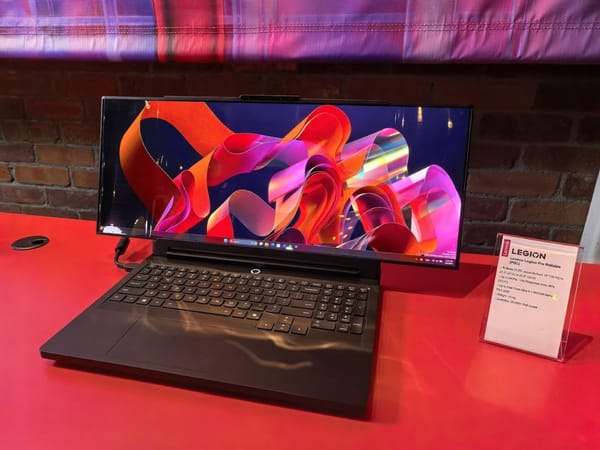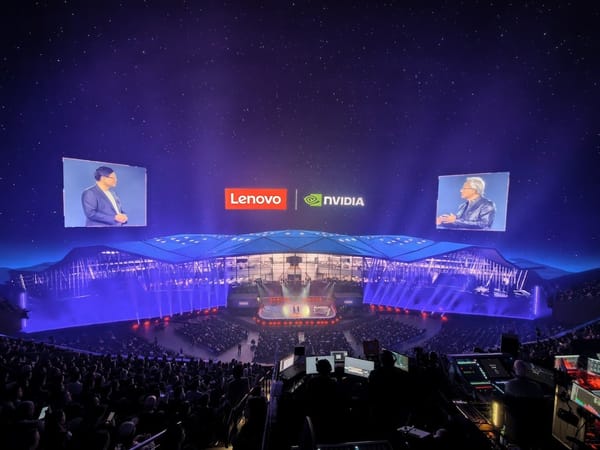Robotics may be on the brink of exponential growth
Next multi-trillion-dollar market?
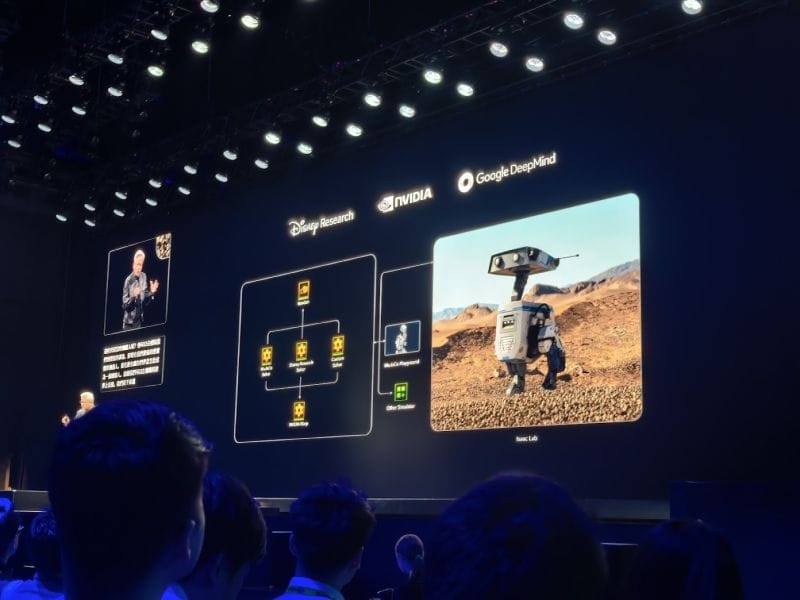
We’ve talked about robots for decades, but their presence outside factories has remained limited. That may be about to change.
Here's why this could be the next big tech inflection point.
Costly, slow to train
We have been talking about robots for many years now. But while adoption of robotics has grown steadily, its use has been restricted to specialised use cases.
The reason? Training robots is both challenging and time-consuming.
- Requires engineers with specialised knowledge.
- Is inflexible and cannot adapt to new tasks.
- This increases the cost dramatically.
But things could well be changing.
Recent progress
Recent progress could unlock robotics for a far broader range of tasks.
- Machine learning
Machine learning made it possible for robots to learn from data, allowing for real-time adaptation. To be clear, this was held back by the need for large, high-quality datasets, which are time-consuming and expensive to collect.
In some cases, getting the required data could also be difficult or impractical - think hazardous locations, accident scenarios, and niche environments.
- New AI tools
However, new AI tools can now generate synthetic motion data to dramatically speed up the training of robots and close the data gap.
Also, the ability to train roots in virtual environments can allow robots to gain skills far faster, too, potentially training robots in hours instead of weeks.
The next multi-trillion-dollar market?
Nvidia seems to think robotics is the next frontier. As I wrote previously, Nvidia's Jensen Huang has been talking it up for months now.
Nvidia is also working with others on this front. In March, Nvidia announced a robotics partnership with Disney Research and Google DeepMind.
The AI titan is certainly developing robotics technology and integrating robotics deeply into its ecosystem.
Here are just a few examples:
- High-performance Jetson GPUs for robotics.
- Nvidia Omniverse for digital twin simulation.
- Isaac robotics platform with GPU acceleration.
- GROOT foundational model for humanoid robots.
- End-to-end GPU workflows for robotic AI models.
In my view, robotics may soon outpace AI in real-world impact. Would we see a ChatGPT-like moment for robotics soon?

